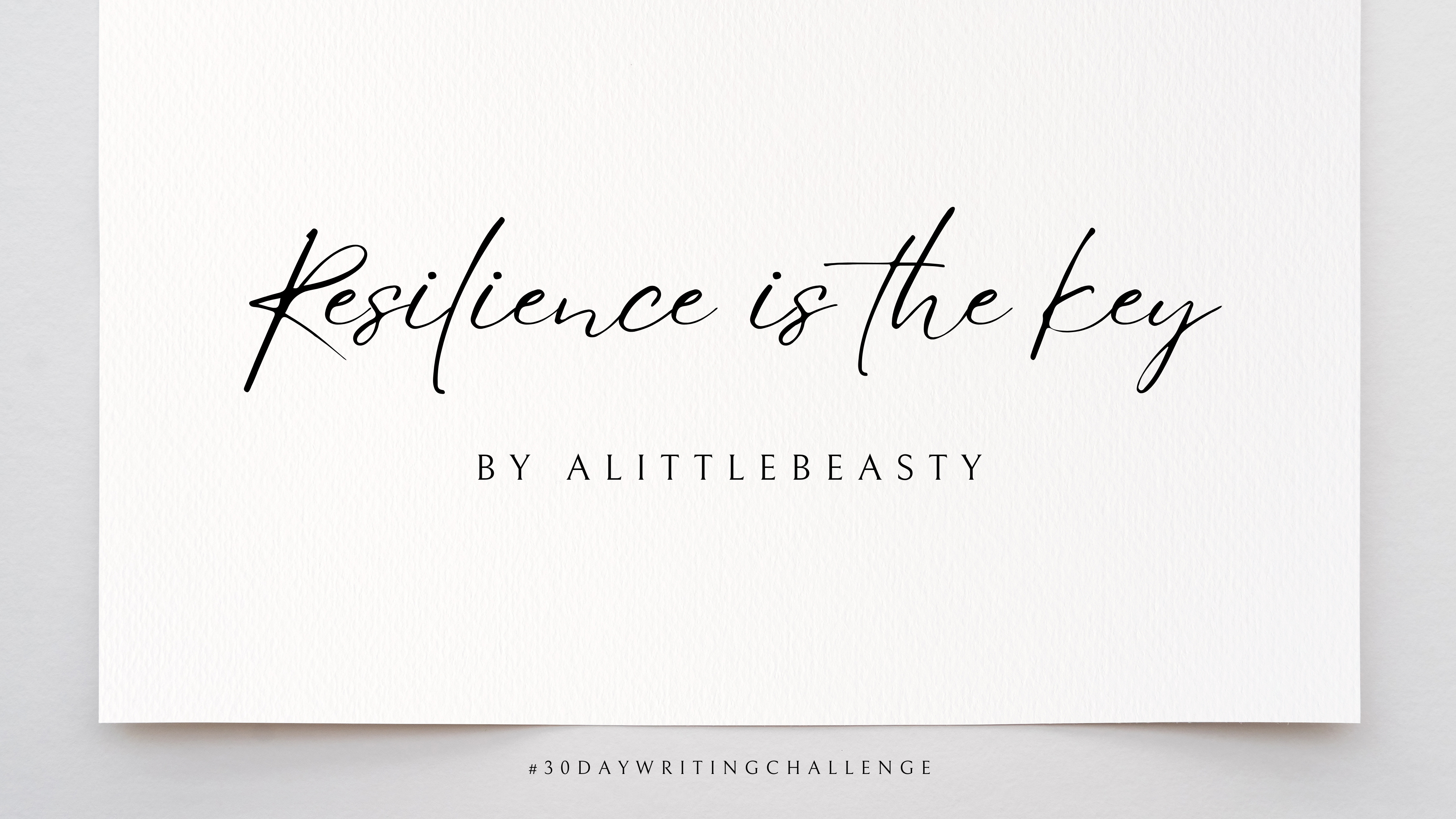I have just returned from an International Youth program in Bangkok, Thailand called The 𝗔𝗦𝗘𝗔𝗡 𝗦𝗗𝗚𝘀 𝗬𝗼𝘂𝘁𝗵 𝗖𝗮𝗺𝗽: 𝗘𝗺𝗽𝗼𝘄𝗲𝗿𝗶𝗻𝗴 𝗔𝗴𝗲𝗻𝘁𝘀 𝗼𝗳 𝗖𝗵𝗮𝗻𝗴𝗲 𝗳𝗼𝗿 𝗦𝗗𝗚𝘀. It was a wonderful opportunity to meet and greet with others youngsters from 12 different countries – cultures. And more importantly, I got the chance to learn from some great minds in Mahidol University – one of the oldest and most prestigious institute in Thailand. During one lecture given by Dr. Anthony Pramualratana, Deputy Executive Director of ACSDSD, there is one sentence that impressed me from the first second I heard it. 𝗥𝗲𝘀𝗶𝗹𝗶𝗲𝗻𝗰𝗲 𝗶𝘀 𝘁𝗵𝗲 𝗸𝗲𝘆!

Resilience is the ability to bounce back from adversity and grow stronger from negative experiences. People who are high in resilience tend to adapt better to obstacles and use negative experiences as opportunities for growth.

Why someone can embrace difficult time while others crumble?
There is no shortcut to success. But you have to hold a roadmap in hand. That is what I’ve been telling myself for years and years. Because I eventually understand that Resilience is the key to attain everything you ever wanted in your life.
In Angela Duckworth’s book, Grit, she has delivered a very powerful message: No matter our backgrounds or educational institution or family or how we were brought up, only one thing truly determines our success or failure in this life. It’s the ability to finish.
Resilience is the key to finishing.

Everyone is different in how they handle difficult times. There are many factors that can influence an individual’s resilience, including their upbringing, personality traits, relationships, and life experiences.
One key difference between those who are resilient and those who crumble under pressure may be their perception of the situation. Resilient people tend to see challenges as opportunities to learn and grow, while those who crumble tend to see them as insurmountable obstacles. Resilience is often a learned skill that can be developed with practice. It involves developing a positive mindset, building social support networks, taking care of your physical and mental health, and learning to effectively cope with stress and trauma.
Ultimately, anyone can become more resilient with the right tools and practices. The key is to approach difficult times with a mindset of growth and opportunity, and to seek out the support and resources you need to navigate through them.
